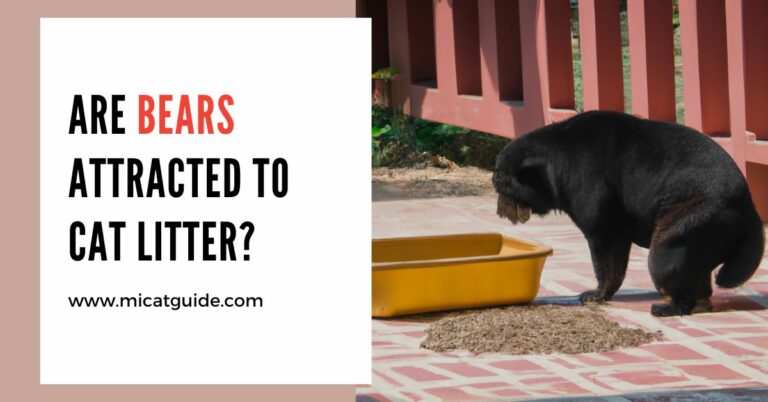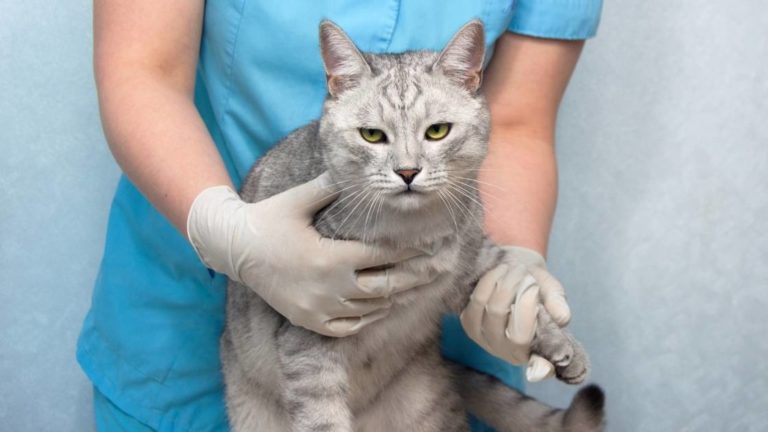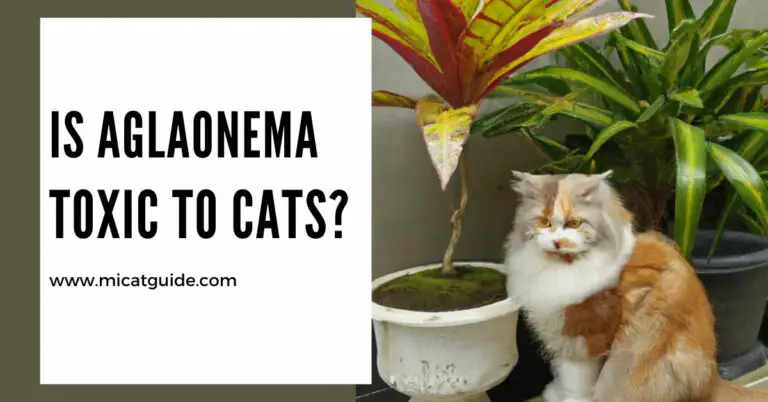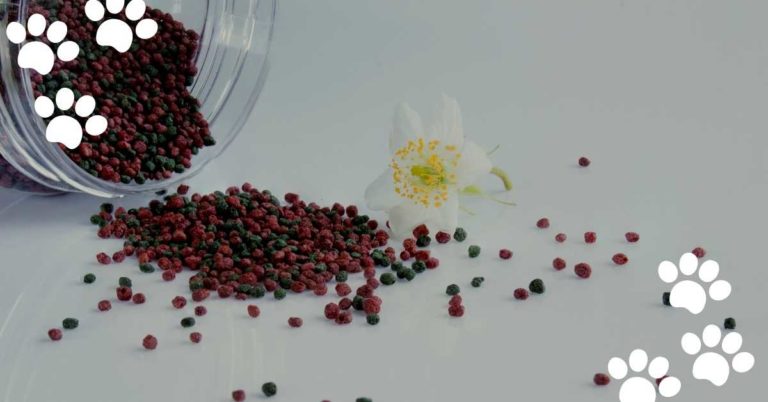Can Cats Eat Artichokes? – A Nutritional Exploration
When it comes to your feline friend’s diet, questions about what’s safe and healthy are always on the table. Artichokes, with their unique and robust flavor, have been a staple in human diets for centuries, but can they find a place in the bowl of your pet cat?
In this comprehensive article, we’ll explore the nutritional qualities of artichokes and whether they align with the unique dietary needs of cats. We’ll cover potential benefits, risks, and provide you with a well-rounded understanding of this leafy vegetable’s role, or lack thereof, in your cat’s diet.
Nutritional Value of Artichokes
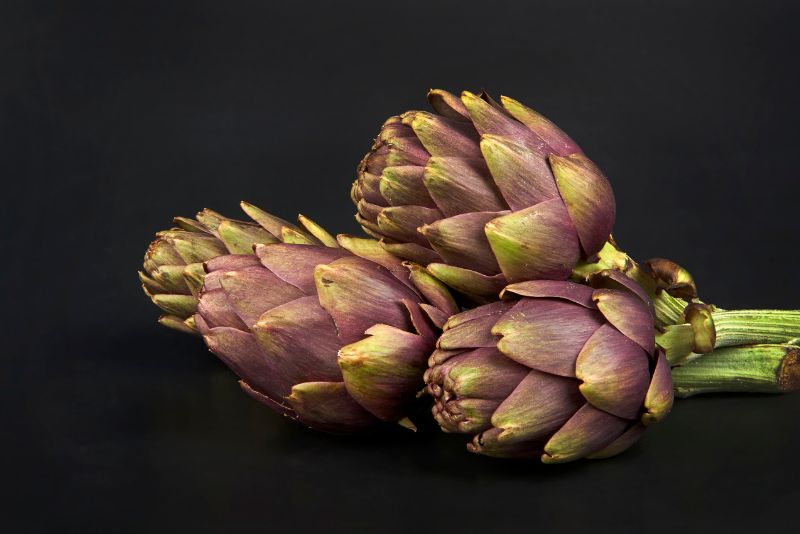
The Cat Diet Breakdown
Before we analyze the nutritional profile of artichokes, we need to understand the dietary needs of cats. Cats are obligate carnivores, which means they are designed to thrive on a diet primarily composed of meat. Their bodies have evolved to efficiently utilize animal-based proteins and fats to meet their energy and nutrient needs.
Artichokes: The Human Superfood
On the human plate, artichokes are often lauded for their high antioxidant content, particularly in the form of phytonutrients such as quercetin and rutin. They are also a good source of fiber, which can have many health benefits for humans, including improved digestion and a lowered risk of heart disease.
Can Cats Benefit from Artichokes?
The nutritional value of artichokes, while beneficial for humans, may not provide the same advantages for cats. In fact, cats’ digestive systems do not readily process plant-based foods. Consequently, the nutrients found in artichokes, such as fiber and some antioxidants, may not be as beneficial to your cat as they are to you.
For a deeper understanding of the unique dietary needs of cats and why their nutritional profile is heavily centered around animal-based proteins, you may want to visit our detailed guide on The Essential Diet for Cats. If you’re interested in exploring more about how human foods, similar to artichokes, impact pets, especially cats, check out our article Human Foods: What Can Cats Eat?. This exploration can offer valuable insights into ensuring your pet receives the nutrition it needs while avoiding potentially harmful foods.
Potential Benefits for Cats
A Closer Look at Artichoke Nutrition
Artichokes are a source of several key nutrients that could, in theory, offer certain advantages to cats. High in potassium, which supports kidney function, and vitamin C, vital for immune health, artichokes could potentially supplement a cat’s diet with some beneficial nutrients.
Feline Health Boosts
Some proponents argue that the fiber in artichokes might aid in hairball prevention, and the antioxidants could offer immune support. However, whether these potential benefits outweigh the risks of feeding a non-carnivorous food to your cat is a subject of much debate.
Risks and Concerns
Feline Digestive Upheaval
One of the primary risks of feeding artichokes to cats is the potential for digestive upset. Cats lack the necessary enzymes to break down plant-based foods, which can lead to gastrointestinal distress, including vomiting, diarrhea, and discomfort.
Allergies and Toxicity
Additionally, cats can develop allergies to foods they have not been exposed to before, so introducing a novel food like artichokes may lead to adverse reactions. Furthermore, some parts of the artichoke plant can be toxic to cats, particularly the leaves and stems, which contain a natural compound called cynarine that can affect the liver.
Expert Opinions
Insights from Animal Nutritionists
In gathering professional opinions, the consensus tends to lean towards a diet primarily comprised of animal proteins for cats. While the occasional munch on a leaf may not be dangerous, it is unlikely that artichokes will provide significant nutritional benefits to your cat.
Conclusion
To Feed or Not to Feed?
The question “Can cats eat artichokes?” doesn’t have a simple yes or no answer. Artichokes, while not toxic in small, rare doses, are not a natural staple of a cat’s diet. If you are considering adding any new food to your pet’s menu, consult with your veterinarian first. They can provide tailored advice based on your cat’s health, age, and dietary needs.
Final Recommendations for Cat Owners
In summary, artichokes do harbor some nutrients that could theoretically benefit a cat’s health, but the associated risks and the fact that cats cannot derive optimal nutrition from plant-based sources make them a less than ideal addition to feline diets. Opt for a premium cat food that aligns with their natural dietary needs and supplement with veterinarian-approved treats that are designed for cats.
Ultimately, the best way to show love to your furry friend is by providing a balanced diet that’s specifically formulated for their unique physiology. And while your kitty may give you that ‘puppy-eyed’ look as you savor your artichoke dish, remember, cats and this particular vegetable might be best enjoyed separately.

